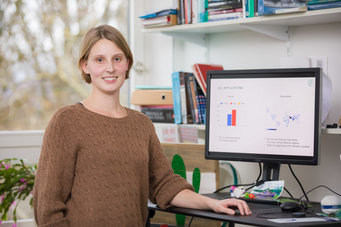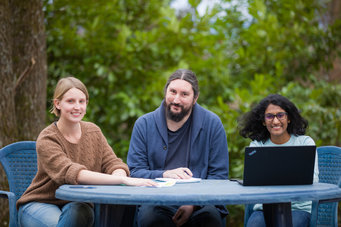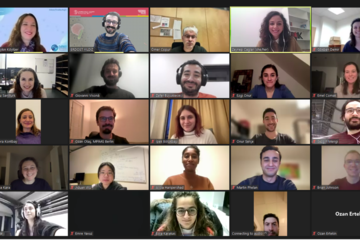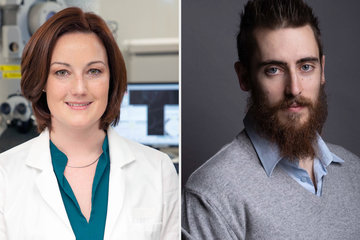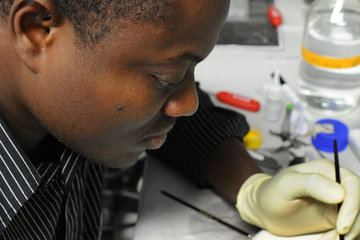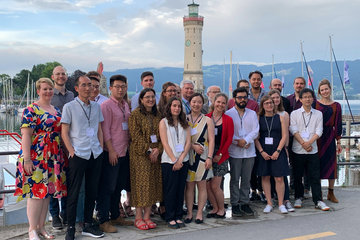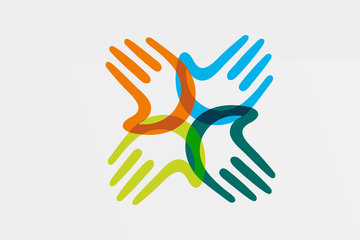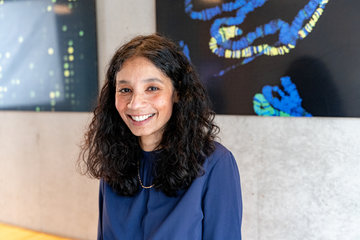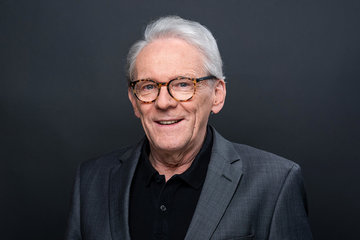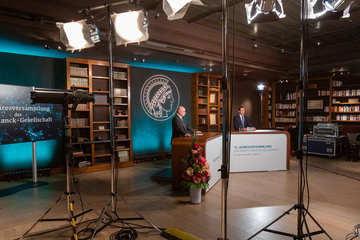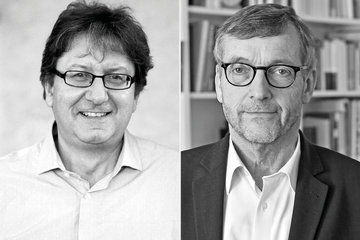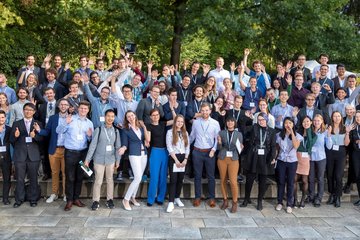Opening doors for equal opportunities
PhD student Franziska Bröker from the Max Planck Institute for Biological Cybernetics initiated the CaCTüS Internship programme for less advantaged students
Franziska Bröker conducts research on human and artificial intelligence at the MPI for Biological Cybernetics in Tübingen and at the University College London. The 28-year-old is committed to helping students from the Global South, for whom Bröker initiated the CaCTüS Internship programme.

Shortly before the Covid-19 pandemic swept across the world, Franziska Bröker visited Zambia. In January 2020, the PhD student at the MPI for Biological Cybernetics taught at a symposium organised by her former colleague Renée Hartig. Around 30 students from the University of Zambia worked together with researchers from Germany and the US, attended to lectures and explored different scientific topics. Franziska Bröker was impressed by the students’ inquisitiveness to grasp new information and to transform it into innovative research projects – as if they had only been waiting for this opportunity.
“But this trip also made me aware, once again, of the many disadvantages students from the Global South face when it comes to pursuing an international career, despite excellent performance and high motivation,” says Bröker. The aim of the symposium in Zambia: to boost students’ scientific careers and to create opportunities in the global scientific community for them. Franziska Bröker took this objective back with her to Germany and never lost sight of it.
Enabling less advantaged students to pursue an international career
After the week in Zambia, Franziska Bröker set out to build her own project with a lasting impact on equal opportunities. Bröker, who was born in Hamburg, grew up in Greifswald and now lives in Tübingen, initiated the international programme CaCTüS Internship (Computation and Cognition Tübingen Summer Internship) at her institute. Setting up the CaCTüS programme is by far her biggest undertaking to date, even though she has already gained a lot of experience through her social engagement in the past.
The topic of equal opportunities has always been close to Franziska Bröker’s heart, and she’s always looking for down-to-earth and pragmatic solutions to address inequalities wherever possible. In 2016, for example, she offered workshops for refugees in London. At the time, she was doing her master’s degree in “Computational statistics and machine learning” at University College London, where she later started her PhD before following her advisor Peter Dayan to Tübingen. She is also involved in the “Talent im Land” programme, in which high-school students are supported on their way to graduation to overcome obstacles resulting from their social backgrounds. Franziska Bröker is committed to various issues.

Among other things, she was a PhD representative in 2019 and has been the deputy gender equality officer at her institute since 2020. At the same time, she is working on her PhD, in which she tackles issues at the intersection of artificial intelligence and cognitive science. Getting the CaCTüS programme off the ground has been a tour de force. The pilot year requires a lot of organisation, but also the clarification of legal issues. And a position for the coordination of the programme also had to be created. Within just six months, Bröker managed to open the programme to tfirst applicants. “Of course it’s exhausting to set this up in parallel to my PhD, but it’s also fun and motivating,” she says and continues: “The programme is only possible because everyone we meet is willing to help.”
Franziska Bröker has a team of several people at her side who are clearing all the hurdles, with a lot of personal commitment and thanks to the support from her institute and the Max Planck Society. More than 300 applications were received by the deadline. “We received many excellent applications from students with remarkable personal stories,” says Bröker. 90 percent of the documents came from the Global South, 10 percent from developed nations. “We are very happy that we were able to reach our target group,” Bröker emphasises.
First interns will start in July
Bröker and her team were able to offer five students from Africa, India and Southeast Asia a paid, three-month internship position in Tübingen starting in July 2022. There, they will work on individual research projects under the guidance of experienced scientists. In addition to gaining professional experience, the interns will have the opportunity to attend soft-skill courses, networking events and social gatherings with other researchers. The interns will receive a monthly salary of around 1200 euros, covering all costs. “Our goal,” says Bröker, “is to kick-start students’ careers so they can go on to successfully apply to further training programmes and continue their careers.” Once you have a foot in the door, further doors will open for you, Bröker believes. She is already planning to expand the programme to other institutes.°
